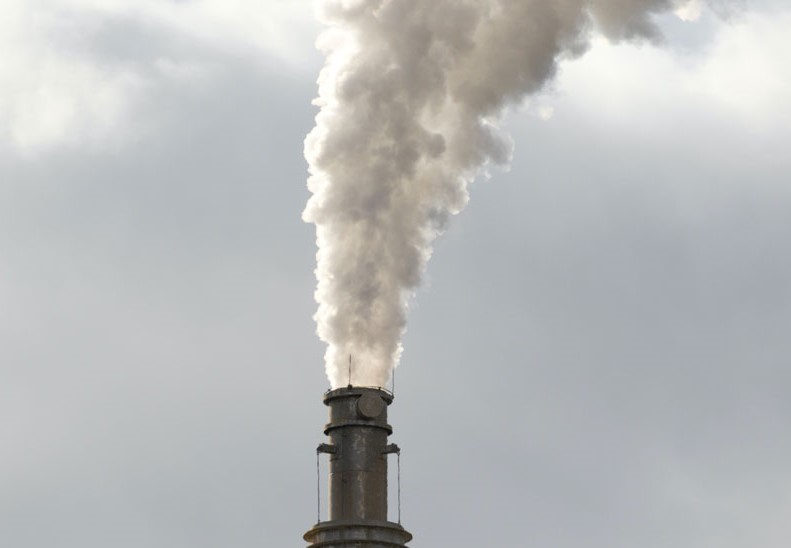QUEZON CITY, Philippines— The “Green” lobby is heating up, demanding Senators to junk the bill filed for widespread use of Waste-to- Energy (WTE) technology.
According to the green groups, WTE is actually dirty waste incinerator technology that was neatly packaged as “Waste-to-Energy”.
Waste incinerators are banned in many countries.
The lobby groups are composed of environmental organizations, civil-society groups, faith-based institutions, academe, and community-based organizations.
“Green groups”
The Green lobby, Plastic-Free Pilipinas, is a collaboration of #breakfreefromplastic members EcoWaste Coalition, GAIA Asia Pacific, Greenpeace Southeast Asia, Health Care Without Harm Southeast Asia and Mother Earth Foundation.
The #breakfreefromplastic is a global movement working towards a future free from plastic pollution.
They are calling on the Government for effective and sustainable environmental protection during the anniversary of the passage of the Clean Air Act into law on June 23.
The Act bans incinerators for waste disposal, making the Philippines the first nation in the world to ban incinerators outright.
“Junk Senator Gatchalian’s bill”
Among their calls is to drop the legalization of garbage incineration, in the guise of “waste-to-energy” plants proposed by Senator Sherwin Gatchalian, and instead to pass long-term, comprehensive waste management policies and safer practices that would reduce waste.
“Senator Win Gatchalian’s Waste-to-Energy Bill is a violation of the Clean Air Act which must be junked immediately in the 18th Congress,” said the group.
This proposed bill will only favor big waste management companies who will profit at the expense of taxpayers, local communities, and the environment.
“We demand that our lawmakers perform their sworn duties under the Constitution which is to enforce laws that would hold culprits accountable for polluting the environment, ” stressed Aileen Lucero, of EcoWaste Coalition.
“ What we need is a strong political will among our leaders and the government’s sincerity in addressing environmental issues such as excessive waste production and disposal. With the current pandemic, there must be a united plan in mitigating these problems by disallowing the funding of dirty energy projects like waste-to-energy incinerators which endanger the health of citizens due to the release of harmful greenhouse gas, and poisonous chemicals such as dioxins and furans,” Lucero said.
“Letter to Senate”
In a letter sent to the Senate last month and signed by the groups, they reiterated the need for stricter implementation of environmental laws and the potential harm WTE technologies and facilities pose to human health, communities, and the environment.
“We should pay attention to the local enforcement of environmental laws and collectively demand our constitutional right to a healthy and sustainable environment from indiscriminate pillaging of our natural resources. By allowing WTE incineration, it prevents the country from pursuing solutions that conserve resources and our right to balanced and healthful ecology,” said Gob Alimangohan of No Burn Pilipinas.
“Environment laws continuously violated”
“Although several laws were passed together with the Philippine Clean Air Act of 1999 to protect our communities and the environment, such as the Ecological Solid Waste Management Act of 2000; Toxic Substances and Hazardous and Nuclear Wastes Control Act of 1990; the Philippine Mining Act of 1995; the Philippine Fisheries Code of 1998; and the Philippine Clean Water Act of 2004, among others, but still these laws are the most notoriously violated and unfunded in our country,” added Rei Panaligan of Plastic-Free Pilipinas Project.
They also said there are viable and eco-friendly solutions to address our waste problem without resorting to polluting disposal methods, like burning and incineration.
“Zero Waste more effective than WTE”
“WTE facilities do not provide a safe, technologically advanced means of waste disposal but with the Zero Waste approach, barangays have managed to reduce and eliminate waste off our streets and even saved millions of pesos while creating jobs,” said Archie Abellar of GAIA Asia Pacific.
“Municipalities and barangays in the country are already practicing zero-waste which is a circular system that minimizes unnecessary extraction and consumption, reduces waste, and ensures that products and materials are reused or recycled back into nature or into the market,” he added.
